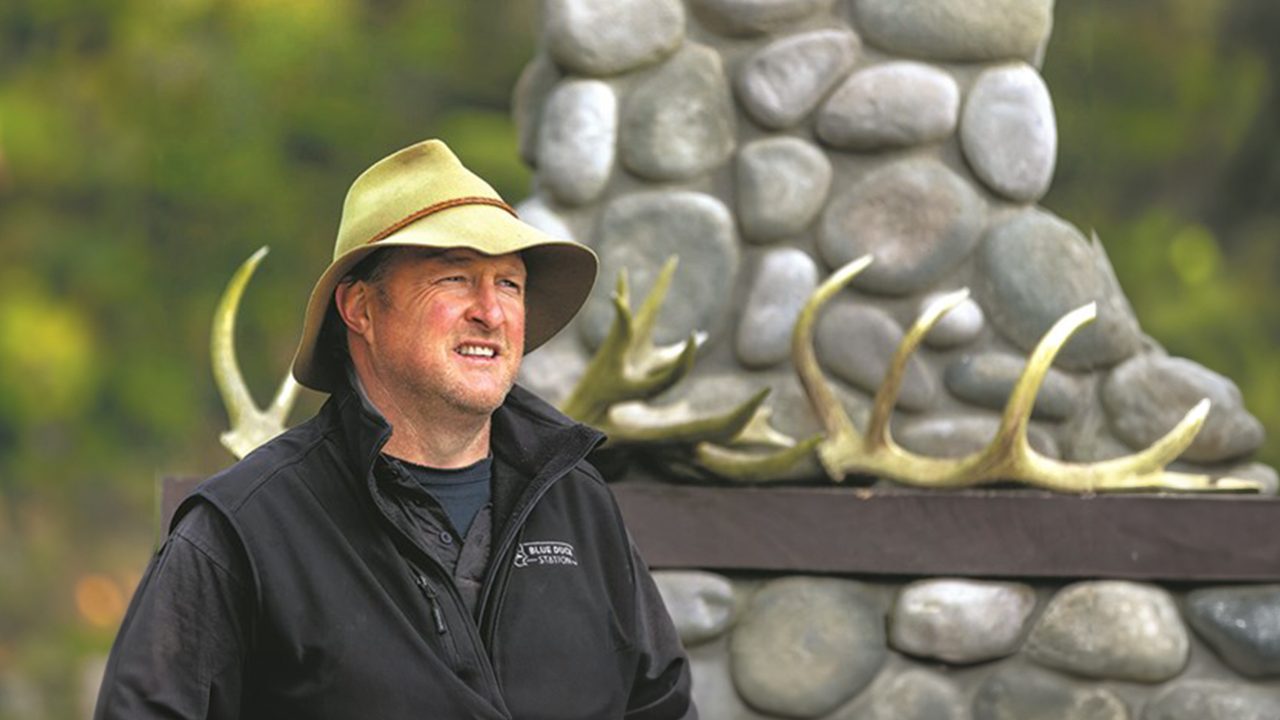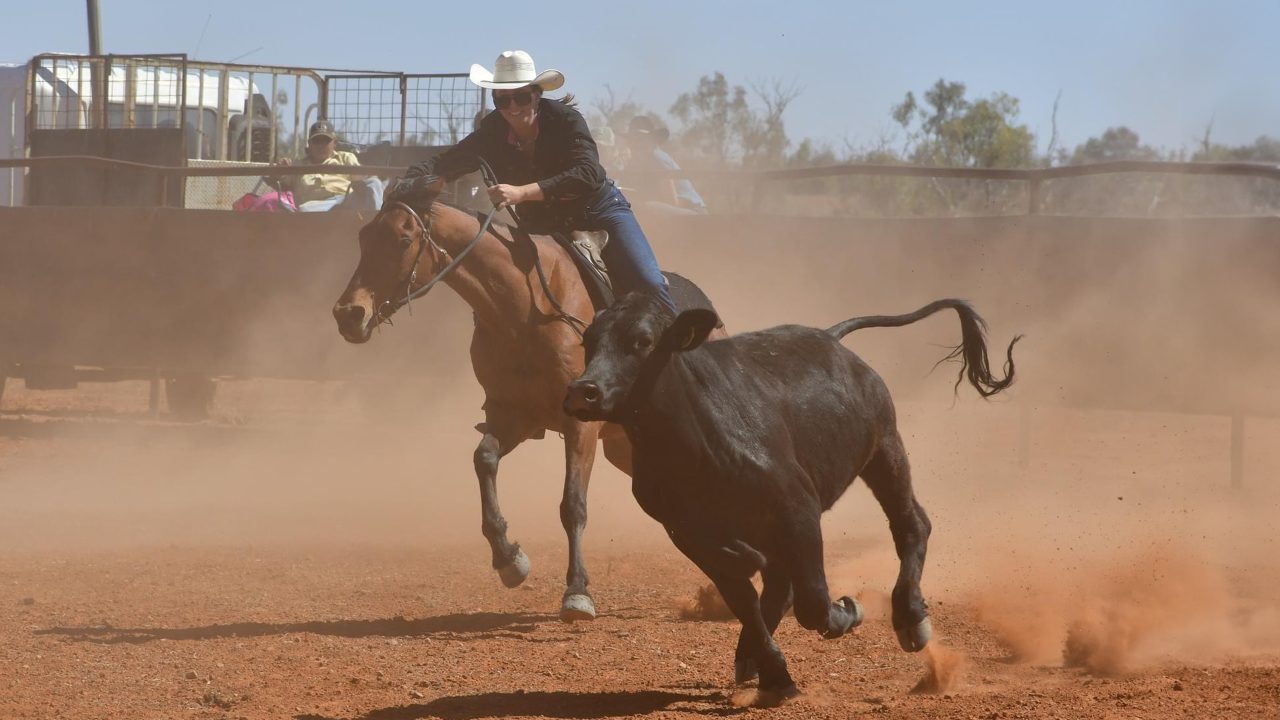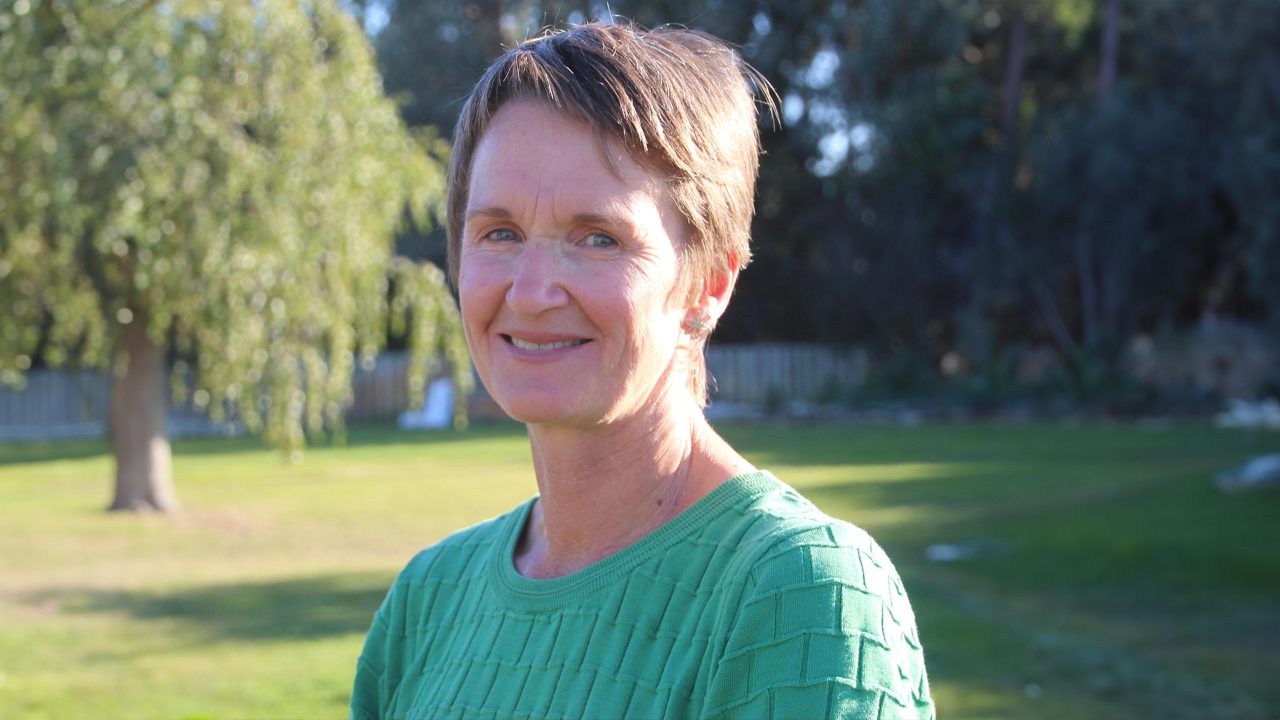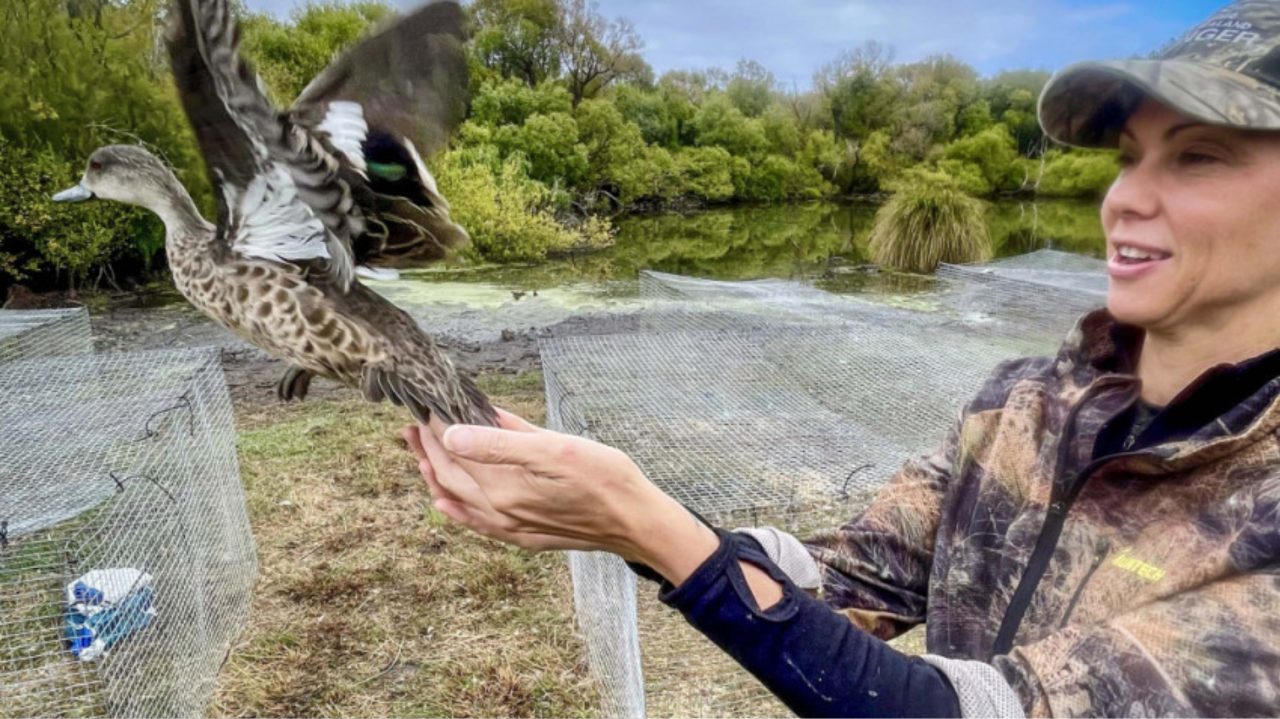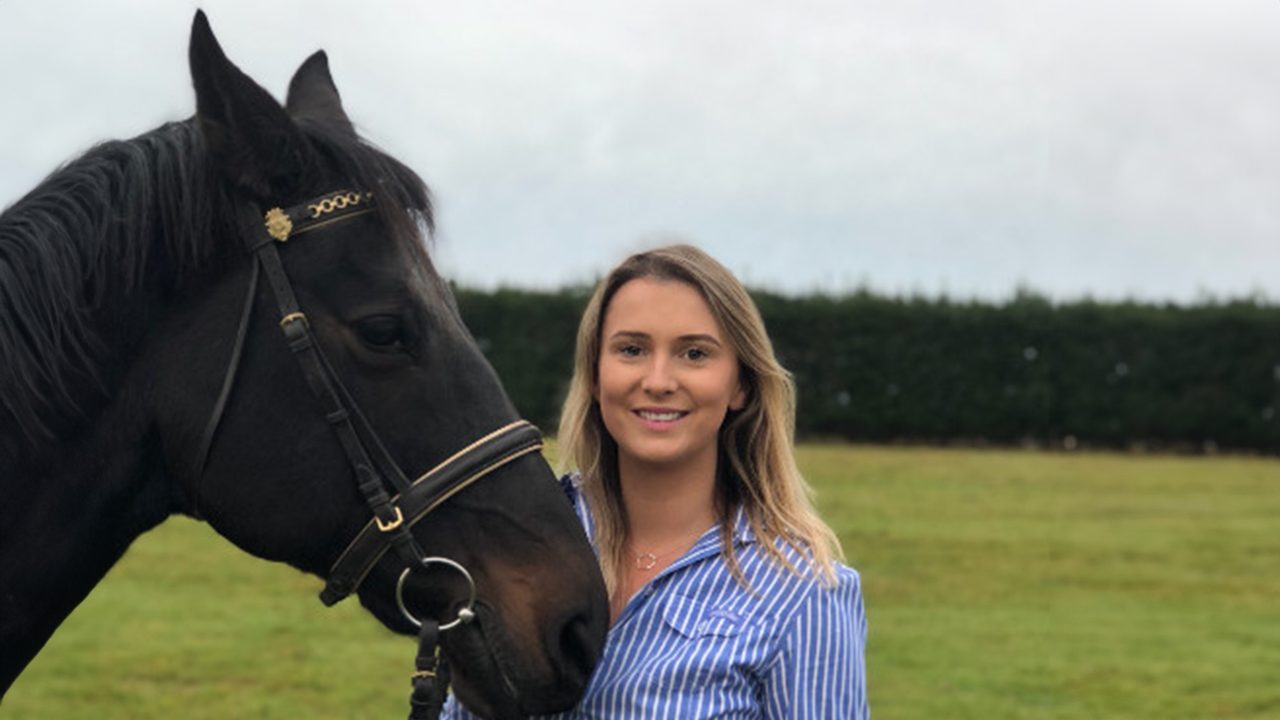It's getting close to that time of year, The Roar is just around the corner and for farmer and host to hunters, horse trekkers and tourists Dan Steele, things are probably starting to get a bit noisy on his Hill Country farm Blue Duck Station.
The conversation begins with a discussion about the anticipation of the roaring stag season, a major draw for both hunters and tourists, including an influx of North Americans post-COVID.
Steele highlights the challenges faced in managing the growing deer population, outpacing the hunting activities and stressing the importance of a balance between tourism, farming, and conservation efforts.
"Our hunting numbers are going up every year but interestingly the deer numbers are building up faster than our hunting numbers... we need to increase the hunting pressure by a long way because... even with a hunting business, if you're taking out a couple of deer a week... you're running into a problem of too many deer really quickly."
The conversation shifts to the station's conservation efforts, particularly the protection of the endangered blue duck. Steele explains that the health of the blue duck population is a strong indicator of the overall environmental health, with the ducks requiring a balanced ecosystem to thrive.
The importance of this indicator species aligns with the broader environmental health and is central to Steele's conservation philosophy.
"The blue ducks really encapsulate that... Why would you want to live in a place and not look after it and make it better for yourself and for future generations?"
The conversation delves into the misconceptions about farmers as conservationists and addresses how agricultural practices have historically altered the planet's landscape. Steele talks about the necessity of looking at the bigger picture and considering the role everyone plays in food security, especially in the context of the current cost of living crisis.
He advocates for hunting as a means of obtaining sustainable, free-range meat and contributing positively to the environment by managing introduced species populations.
Finally, the pair touch upon the tradition of hunting and its significance in New Zealand's culture.
Steele emphasises the joy of passing on these traditions to the youth, teaching them the practical aspects of hunting, and instilling a conservation ethos for future generations. He shares his personal experiences with his children, illustrating the importance of these traditions in connecting people with the land.
"Nothing better than being out on a hill on a cold morning... we were out sighting rifles yesterday and shooting a few goats for a goat curry... it's pretty important, particularly for New Zealand, to keep that hunting knowledge alive and well."
Through his stories and insights, Dan Steele paints a picture of Blue Duck Station as a place where conservation and tradition coexist, nurturing a deep connection between people, the land, and its wildlife.
Listen to the full chat between Dan Steele and Dominic George above.
To check out more episodes listen to the REX Podcast anytime on your favourite streaming platforms including Spotify, Apple Music and Rova or tune in to REX Mornings live on Magic from 5 am to 6 am every weekday.
Visit the Rural Exchange Facebook or Instagram page for more information and regular updates from the REX team.

